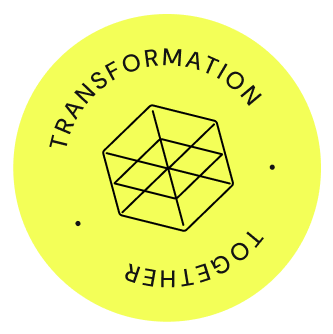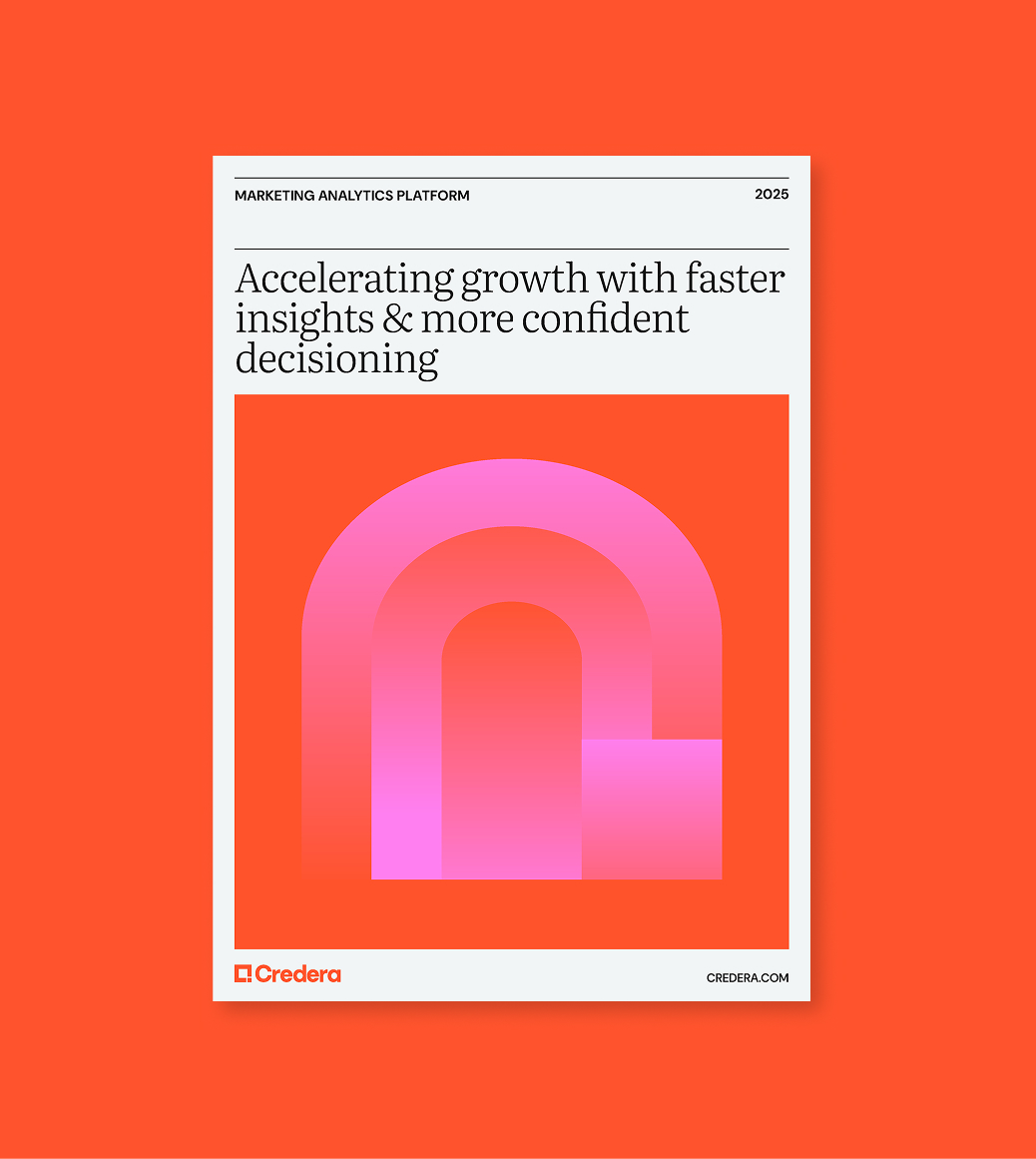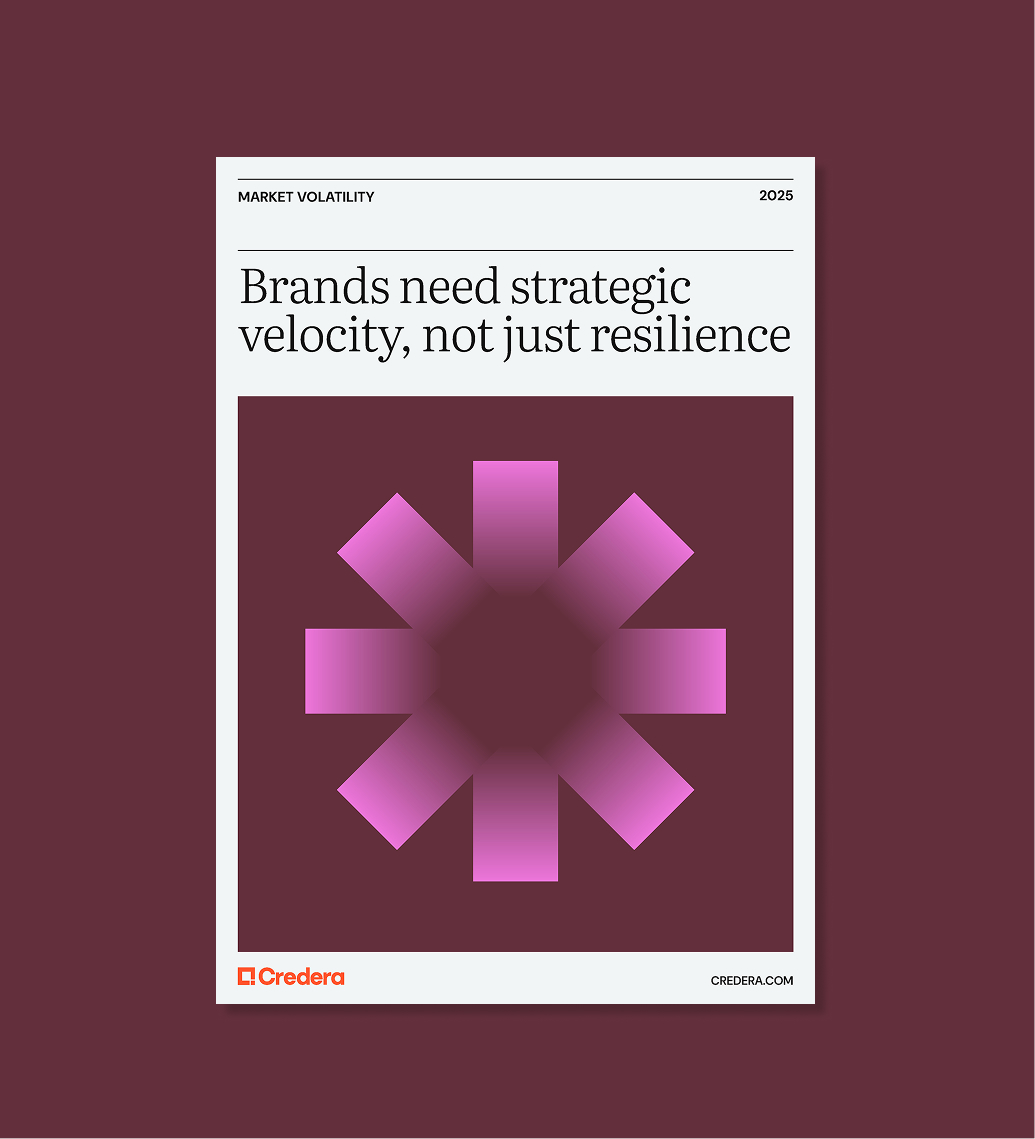Powering Growthacross Marketing and Tech ...and where they meetPoweringGrowth AcrossMarketing andTech ... and whereThey Meet

Meaningful Results
See All Case Studies
Transforming information access and efficiency with AI for AstraZeneca
Partners in Performance
Adobe
Our Adobe teams orchestrate data, decisioning, and experience across every touchpoint of the customer journey, no matter how complex or unpredictable.
AWS
Our AWS teams sit at the intersection of business strategy and industry expertise, cutting through complexity to accelerate what matters most to our clients’ growth.
Salesforce
Our Salesforce teams make sure your customers get the experiences they want and need by prioritizing innovation, expertise, and a deep understanding of your business.
Our take on what's next





